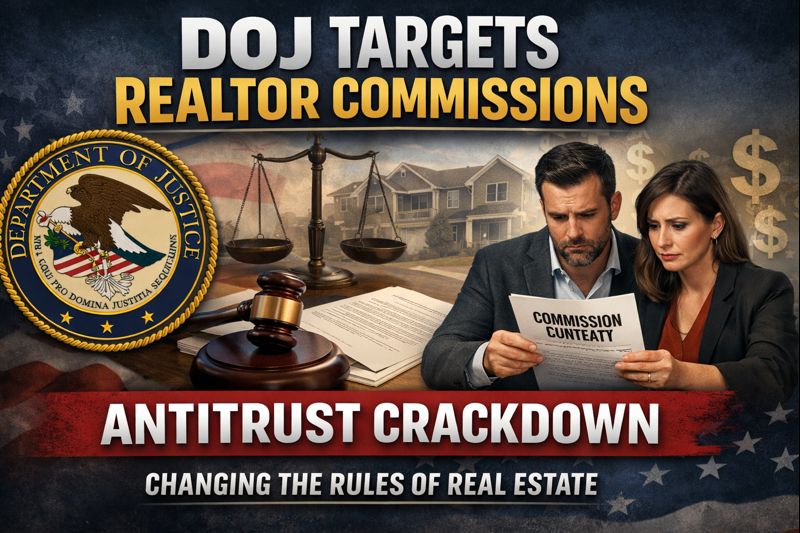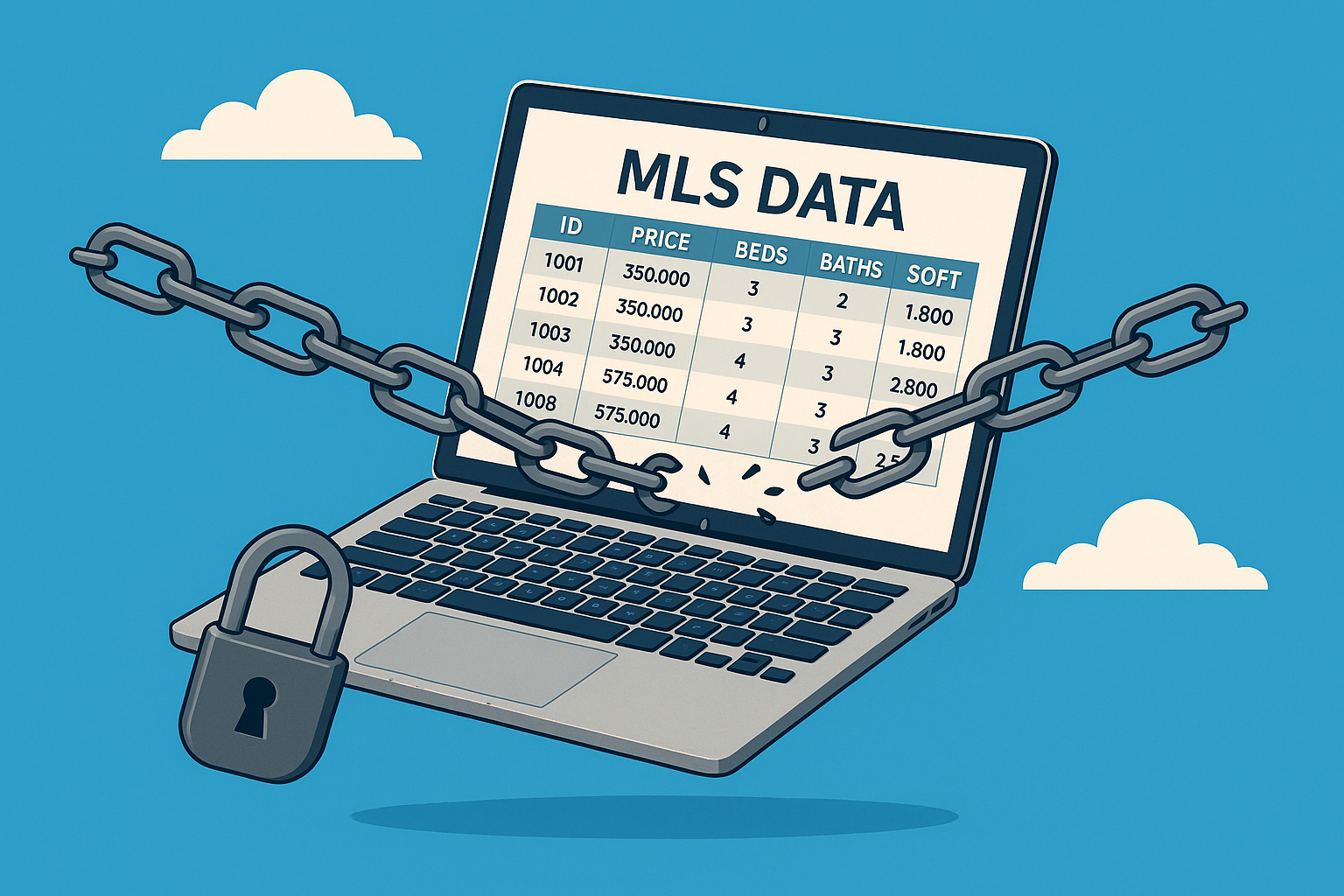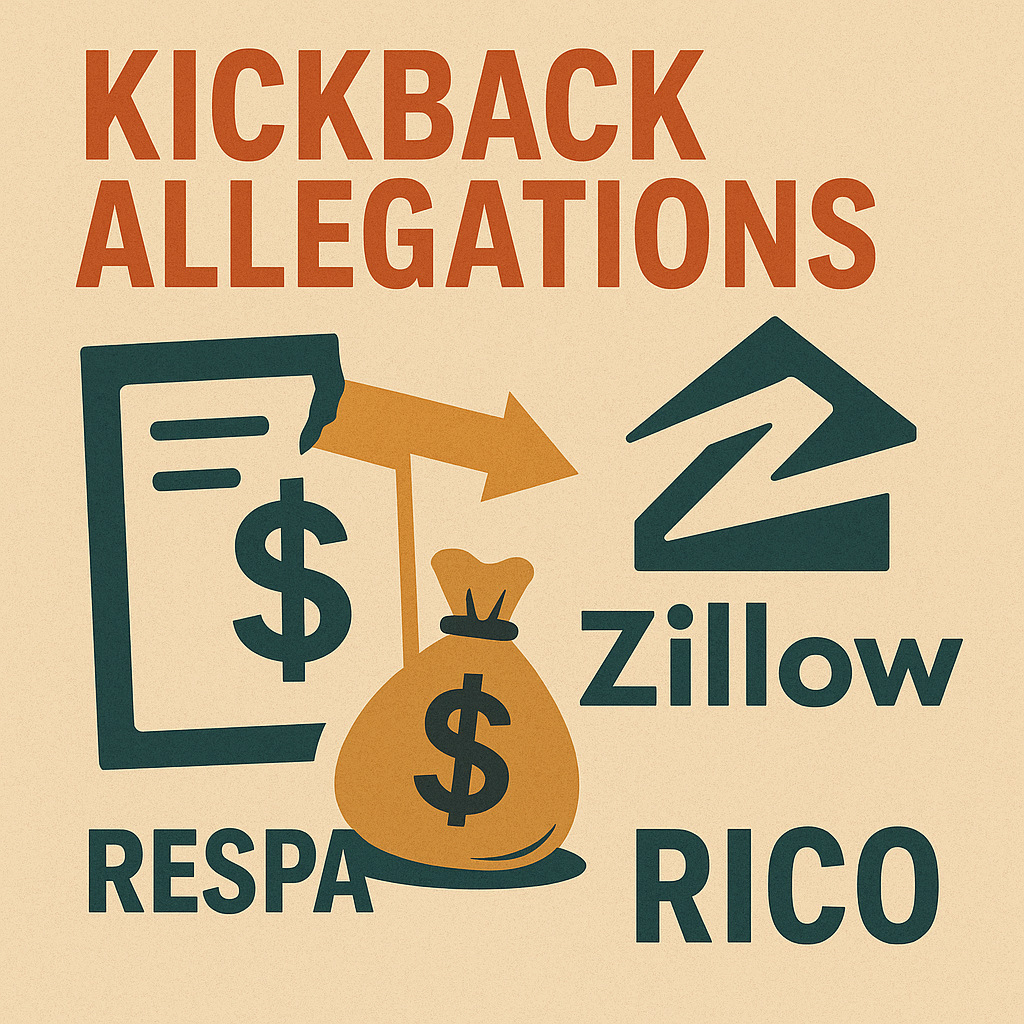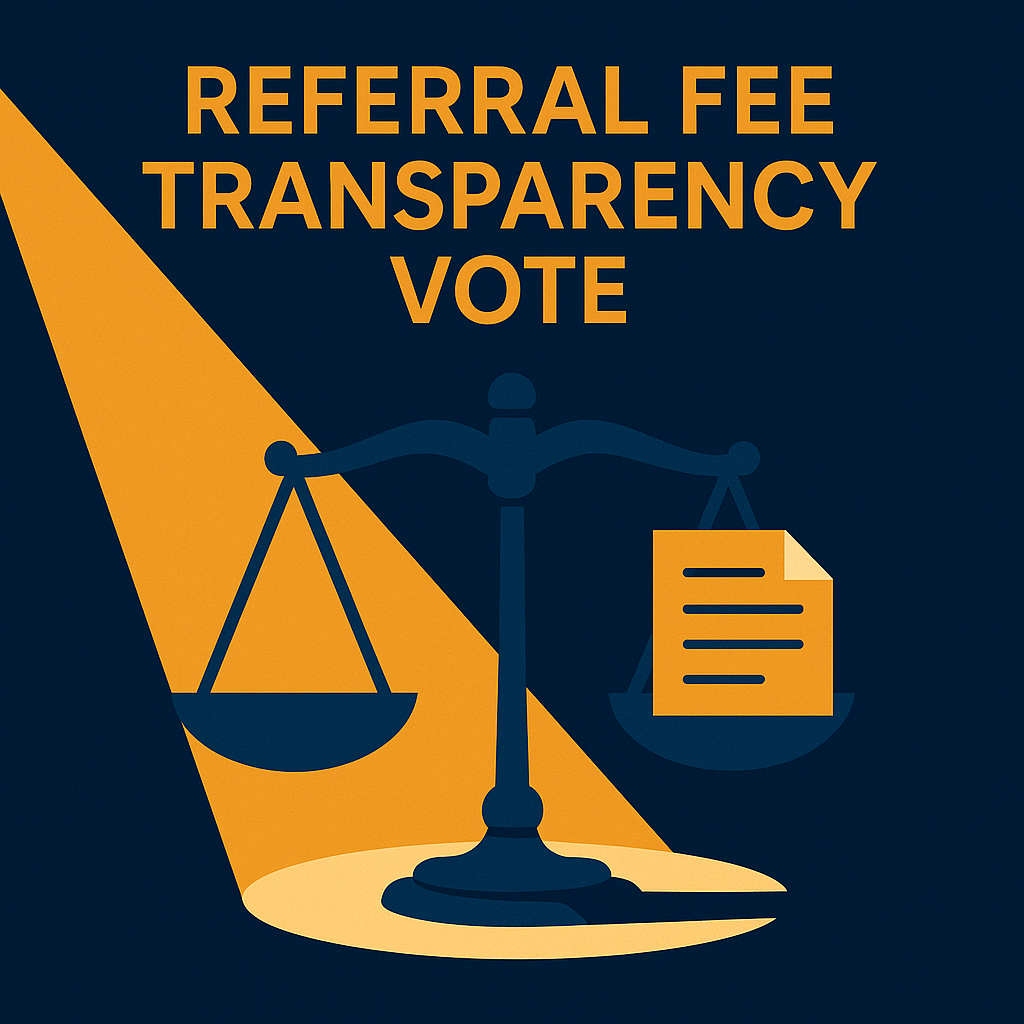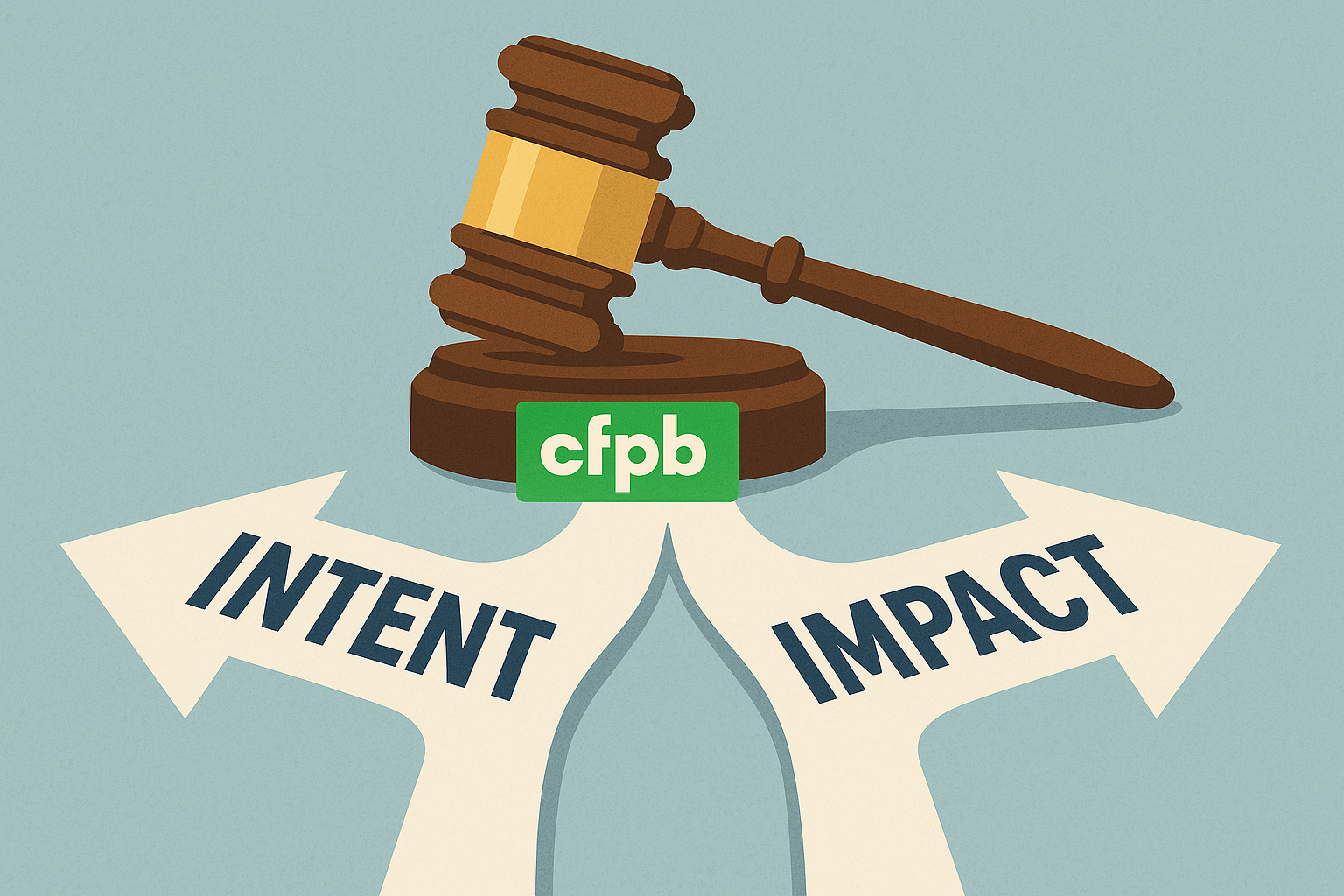
A newly filed class action lawsuit accuses Rocket Mortgage and its affiliated companies of steering homebuyers toward Rocket loans in ways that may have violated federal law and increased costs for consumers.
According to the complaint, Rocket used its Rocket Homes referral network to pressure real estate agents to direct buyers to Rocket Mortgage. Agents who complied were rewarded with more leads. Agents who did not risked losing business. A CFPB investigation found that buyers who came through Rocket’s referral network often paid higher interest rates and fees than buyers who did not.



